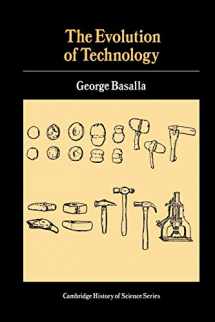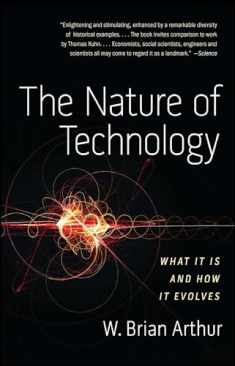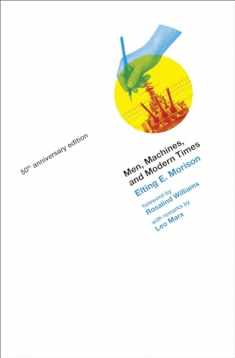
The Evolution of Technology (Cambridge Studies in the History of Science)
Book details
Summary
Description
Presents an evolutionary theory of technological change based on recent scholarship in the history of technology and on relevant material drawn from economic history and anthropology. Challenges the popular notion that technological advances arise from the efforts of a few heroic individuals who produce a series of revolutionary inventions that owe little or nothing to the technological past. Therefore, the book's argument is shaped by analogies drawn selectively from the theory of organic evolution, and not from the theory and practice of political revolution. Three themes appear, with variations, throughout the study. The first is diversity: an acknowledgment of the vast numbers of different kinds of made things (artifacts) that long have been available to humanity. The second theme is necessity: the mistaken belief that humans are driven to invent new artifacts in order to meet basic biological needs such as food, shelter, and defense. And the third theme is technological evolution: an organic analogy that explains both the emergence of the novel artifacts and their subsequent selection by society for incorporation into its material life without invoking either biological necessity or technological process.


We would LOVE it if you could help us and other readers by reviewing the book
Book review





